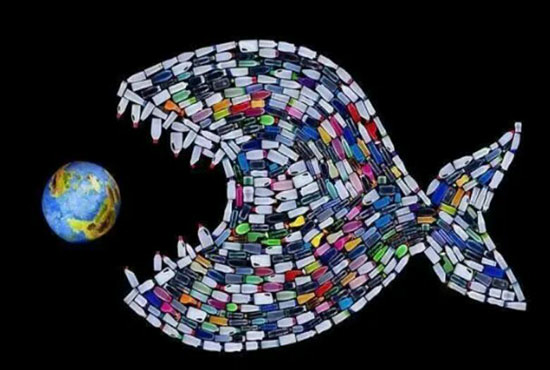In September last year, the United States formally launched its first plastics convention-----the "American Plastics Convention" (The U.S. Plastics Pact). The convention is led by The Recycling Partnership and supported by the World Wildlife Fund (WWF).
A few days ago, the United States Plastics Convention announced an aggressive national strategy to ensure that all plastic packaging can be reused, compostable or recyclable by 2025.
The strategy is called "Roadmap to 2025" and includes mandatory reports and specific timetables. It has received support from nearly 100 companies, enterprises, research entities, non-governmental organizations, universities, and the government in the plastic packaging value chain.
This road map is an important step forward in realizing the plastics circular economy and creates a path for companies, governments and non-governmental organizations. Through this approach, it can be ensured that plastics stay in the economy and stay away from the environment in the next few years.
The Convention sets five major goals:
(1) Make a list of plastic packaging that will be designated as problematic or unnecessary by 2021, and take measures to eliminate these packaging by 2025.
(2) Ensure that by 2025 all plastic packaging will be 100% reusable, recyclable or compostable.
(3) Take action to effectively recycle or compost 50% of plastic packaging by 2025.
(4) Ensure that by 2025, the average proportion of recyclable or responsible bio-based components in plastic packaging reaches 30%.
(5) A public report is issued every year on the progress of these goals.

People who may not know the plastics industry do not know that the "American Plastics Convention" officially launched by the United States has multiple pounds!
Earlier, in May 2019, in Geneva, Switzerland, 186 countries, including China, jointly adopted a decision to no longer allow developed countries to throw their plastic waste to developing countries for disposal. However, the United States does not agree.
Since China banned the import of plastic waste, developing countries in Southeast Asia have become targets for dumping plastic waste in developed countries such as the United States. This fact has caused headaches for these small countries. However, the promulgation of the U.S. Plastics Convention can bring revolutionary changes!
The influence of the United States in plastics has given a considerable boost to global plastic governance, and it has brought great progress in promoting packaging upgrades, improving recycling and reducing plastic waste.

